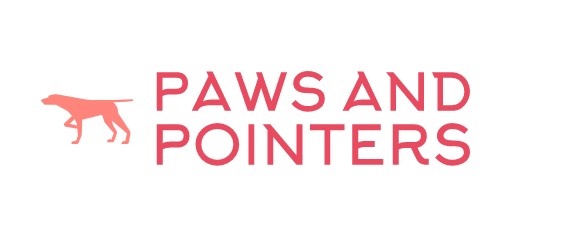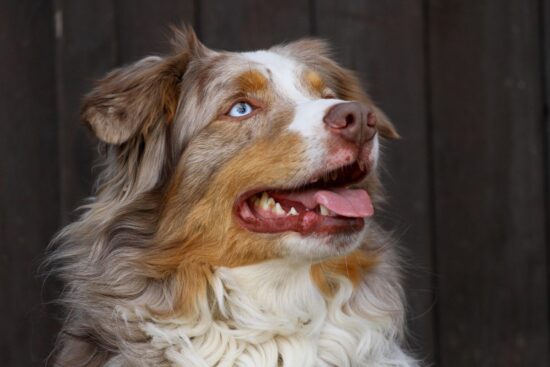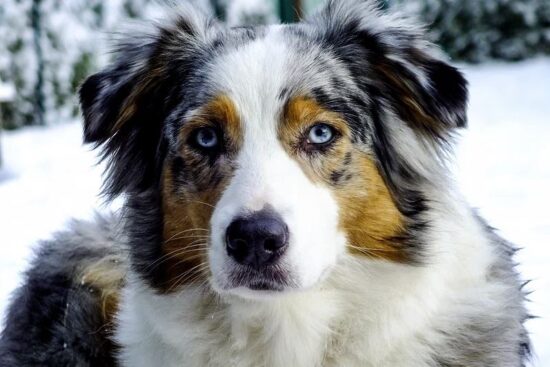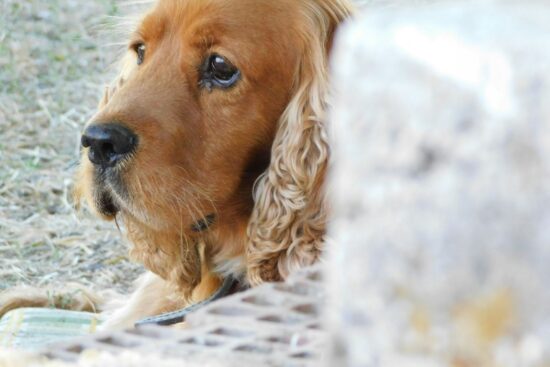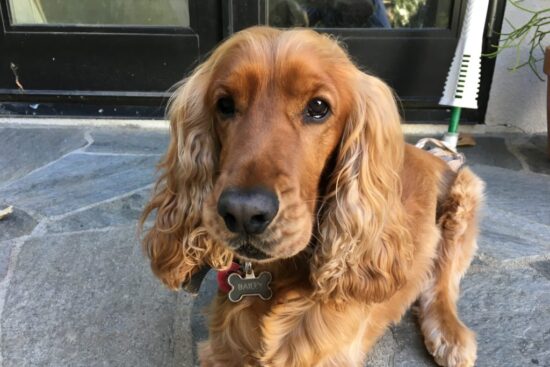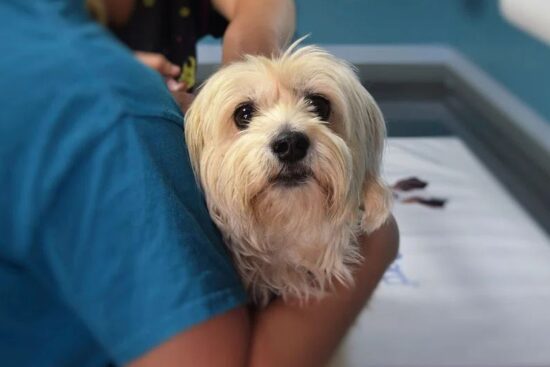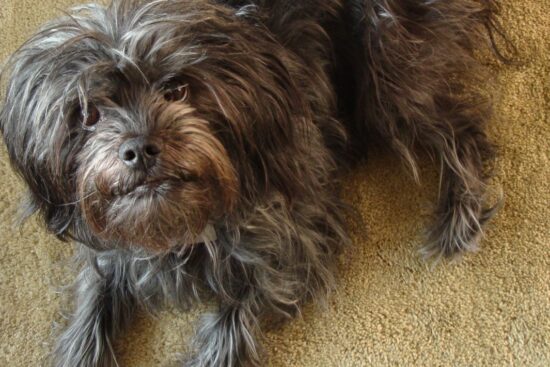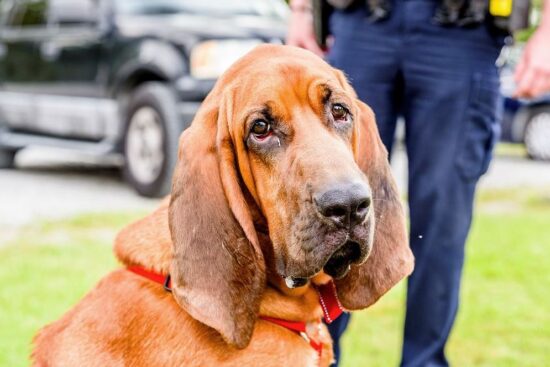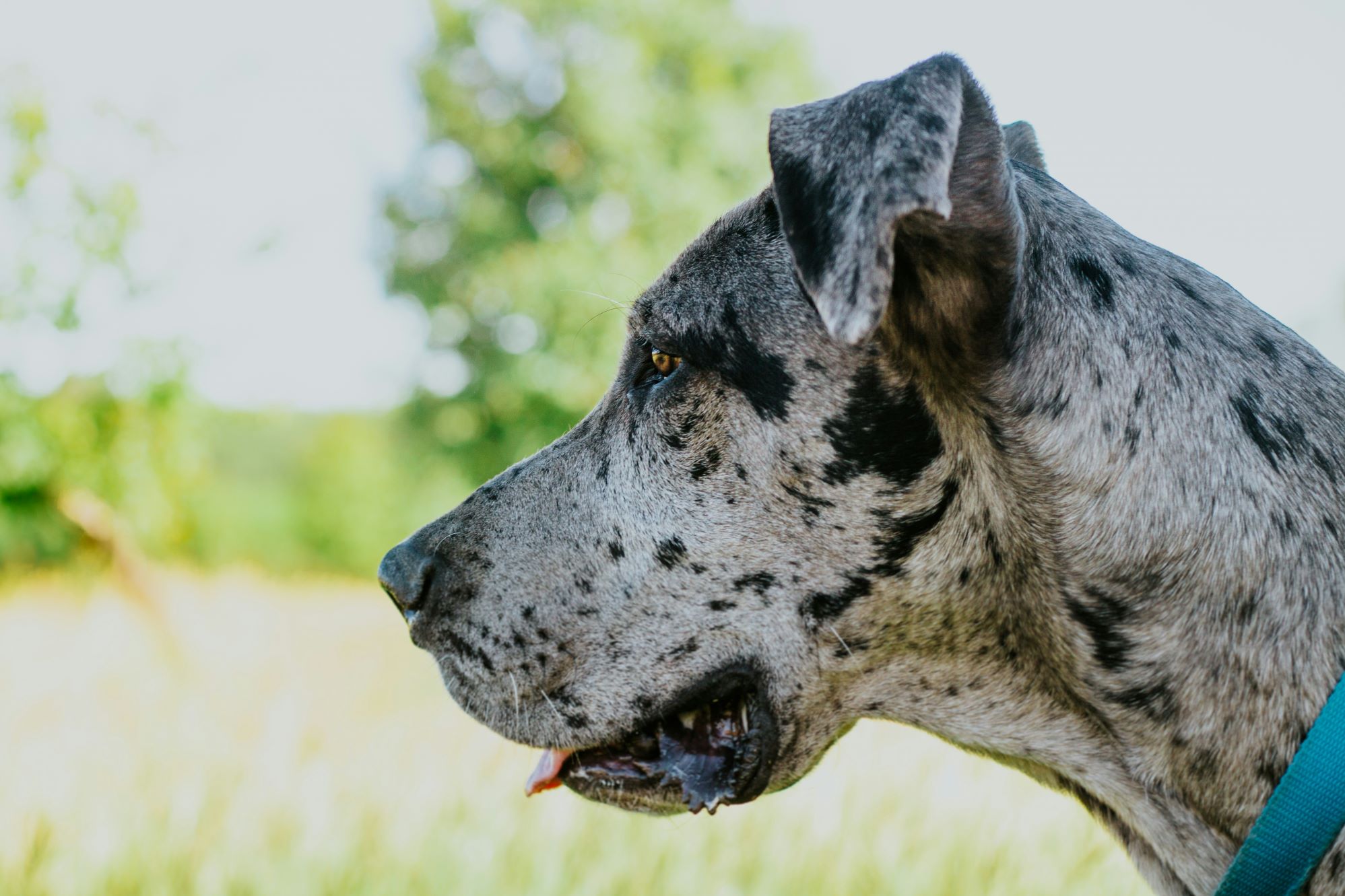
As majestic and regal as Great Danes are, these gentle giants are unfortunately predisposed to certain health issues. Understanding these potential problems is crucial for responsible Great Dane ownership, allowing for early detection, proactive care, and a longer, healthier life for your beloved companion.
The Most Common Health Problems in Great Danes
- Gastric Dilatation-Volvulus (GDV) or Bloat: This is a life-threatening condition where the stomach twists, cutting off blood flow. Symptoms include a distended abdomen, restlessness, excessive drooling, and retching without vomiting. Immediate veterinary attention is crucial.
- Hip and Elbow Dysplasia: These are developmental conditions affecting the joints, leading to pain and mobility issues. Regular vet checkups, maintaining a healthy weight, and joint supplements can help manage this condition.
- Dilated Cardiomyopathy (DCM): This heart condition weakens the heart muscle, affecting its ability to pump blood effectively. Symptoms include lethargy, coughing, difficulty breathing, and fainting. Regular cardiac screenings are recommended.
- Osteosarcoma: Great Danes are prone to bone cancer, which often affects the legs. Early detection is key. Look for lameness, swelling, or pain in the limbs. Treatment may involve amputation and chemotherapy.
- Wobbler Syndrome: This neurological condition affects the neck and spinal cord, causing weakness and incoordination in the hind legs. Treatment options include medication, surgery, and physical therapy.
- Hypothyroidism: An underactive thyroid gland can lead to weight gain, lethargy, skin problems, and other issues. It’s treatable with medication.
- Eye Problems: Great Danes can be susceptible to various eye conditions like entropion (eyelids rolling inward) and ectropion (eyelids rolling outward). Regular eye exams are important for early detection and treatment.
Tips for Preventing and Managing Health Problems in Great Danes:
- Regular Veterinary Checkups: Schedule regular vet visits for routine examinations and screenings.
- Maintain a Healthy Weight: Obesity can exacerbate many health issues in Great Danes.
- Provide a Balanced Diet: Feed your Great Dane a high-quality, age-appropriate diet formulated for large breeds.
- Monitor for Signs of Illness: Be vigilant for any changes in your dog’s behavior, appetite, or energy levels.
Whats The Key? Proactive Care!
By being aware of the common health issues that can affect Great Danes, you can take proactive steps to keep your beloved companion happy and healthy for years to come. Early detection, regular vet visits, and a healthy lifestyle can make a huge difference in your Great Dane’s overall well-being.
